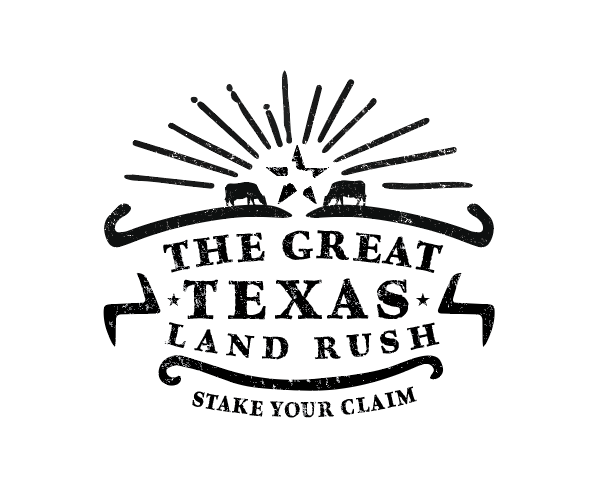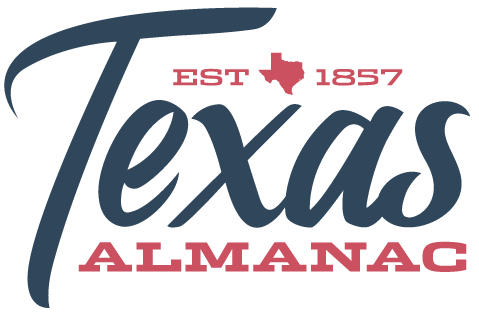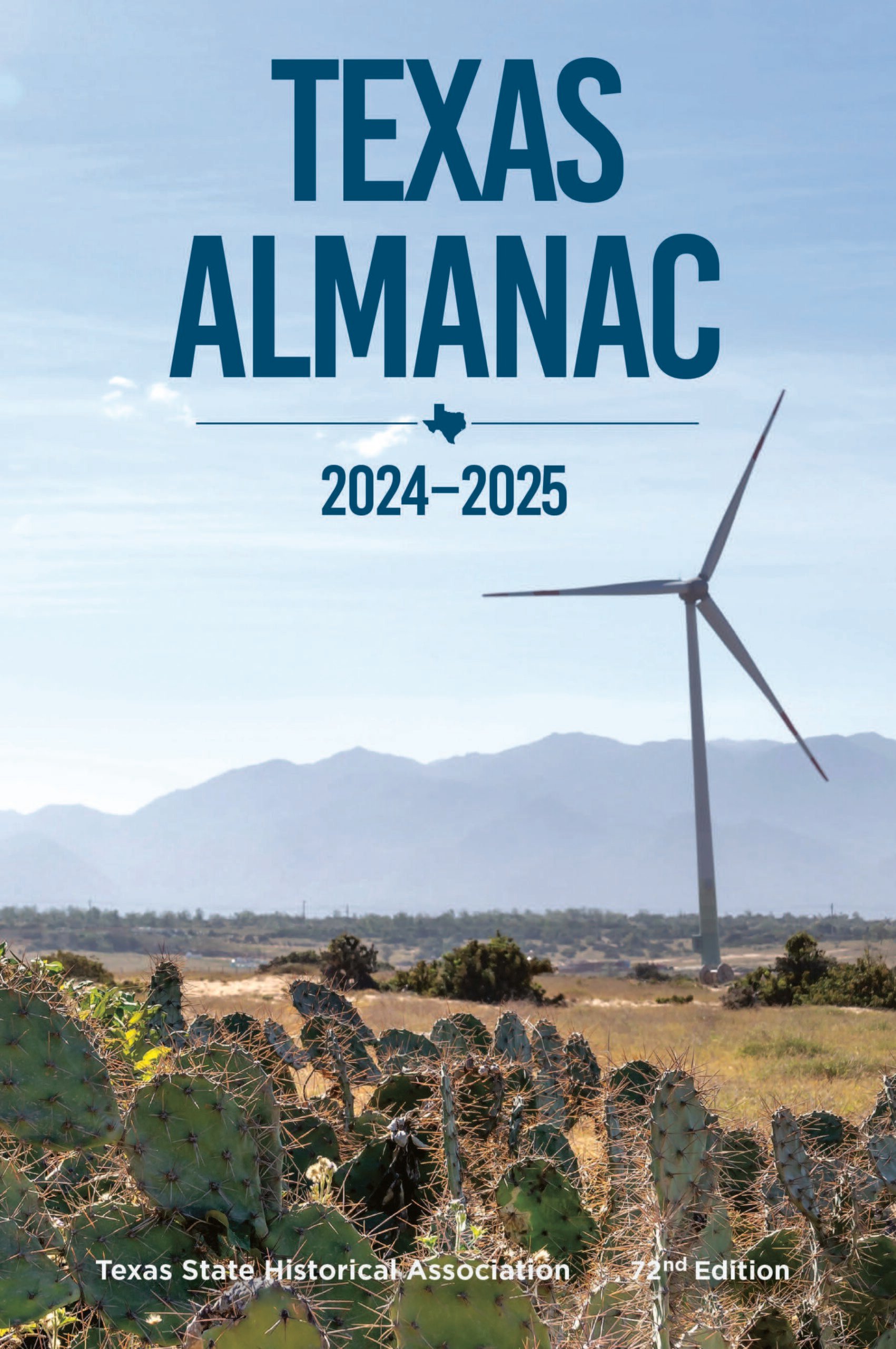Fort Kitchen
Old Warren (Fort Warren or Fort Kitchen), on the Fannin-Grayson county line, was named for Abel Warren, a trader from Fort Smith, Arkansas, who established a trading post on the Red River one mile below the mouth of Choctaw Bayou in 1836. In the summer of 1837 Daniel Montague and William Henderson built a trading house at the site. A fifteen-foot log stockade with two-story towers at the corners surrounded the post; gates admitted stock and wagon trains. Settlers built cabins near the post for protection from the Indians, and J. A. Caldwell carried the mail from Preston to Warren. Roswell W. Lee was the first postmaster. The post furnished a military escort for the wedding party of Holland Coffee and his bride (later Sophia Porter) from Washington to Coffee's Trading Post in 1837.
When Fannin County was organized in 1838, Warren became the county seat; a school was opened in 1839; and the commissioners' court met in the new courthouse in January 1840 to order the platting of the town. Joseph Sowell and John F. Scott built a tavern. The thirteenth Masonic lodge in Texas was organized at Warren on November 3, 1840, and included E. H. Tarrant and William G. Cooke among its charter members. Another member was John B. Denton, who preached the county's first sermon in the summer of 1840. Joseph Sowell was killed by Indians before he could be initiated at the next meeting of the lodge. The fort was abandoned in 1840, and the town's decline began when Bonham became the county seat in 1845. In 1930 not one structure remained to indicate the location of the old town.
| © TSHA

Adapted from the official Handbook of Texas, a state encyclopedia developed by Texas State Historical Association (TSHA). It is an authoritative source of trusted historical records.

- ✅ Adoption Status:
- This place is available for adoption! Available for adoption!
- Adopted by:
- Your name goes here
- Dedication Message:
- Your message goes here
Belongs to
Fort Kitchen is part of or belongs to the following places:
Currently Exists
No
Place type
Fort Kitchen is classified as a Town
Associated Names
- (Anthony)
- (Warren)
Has Post Office
No
Is Incorporated
No

